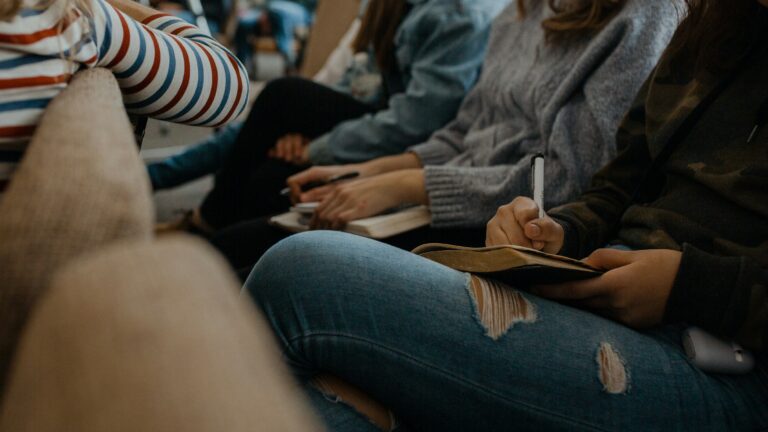Funding decisions are made by an independent expert group, and applications are assessed according to the criteria set for the programme. Jack Hancock, chair of the Norden 0–30 expert group, points out that although Nordic added value and the involvement of children and young people in the projects are key assessment criteria, applicants must still consider all the criteria carefully.
Sustainability less prominent
Jack is pleased with the range of projects selected and ultimately granted funding, although he is surprised by how little the applications in this round reflect the challenges young people are facing in the world around them right now.
“For example, I expected to see more projects addressing sustainability, climate, and environmental issues given how acute they are. That said, several approved projects have integrated sustainability issues into their initiatives,” he says.
“On the other hand, it was encouraging to see several applications focusing on democracy and the ability to engage in dialogue, some of which were also allocated funding,” he concludes.
Examples of projects granted funding
- The Nordic Youth Conference for Democracy is an annual conference for Nordic young people aged 15 to 24 who want to learn more about democracy, freedom of expression, and Nordic co-operation. The conference is created by, for, and together with Nordic young people.
- The Nordic Debate Collaboration begins in February 2025 with a boot camp for debate organisers and teachers, followed by a debate academy in Helsinki, and concludes with a debate tournament right across the Nordic Region in November 2025. The project is led by young people and students.
- A meeting in the Faroe Islands between Nordic and Baltic student unions to discuss the impact of “brain drain” from small and remote areas and the effects of Erasmus+ on international co-operation.

